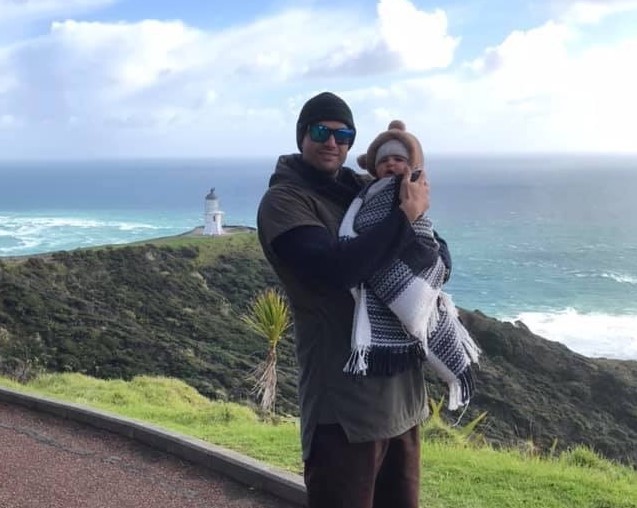Te Wiki o te Reo Māori profile: Tame Malcolm
To celebrate Te Wiki o te Reo Māori (Māori language week) we're profiling some of our incredible Māori scientists and kaitiaki (guardians). Tame Malcolm began life with the Challenge back in 2017 and is currently a member of the Strategic Leadership Group . . .
Tame Malcolm
Te Arawa: Ngāti Tarāwhai, Ngāti Pikiao, Ngāti Ngararanui, Ngāti Whakaue
Strategic Leadership Group
*
Where did you grow up and where do you live now?
I grew up in the heart of Te Arawa – Rotorua but now live in Waikato.
*
What are your earliest memories of nature/the environment?
My earliest memory may be when I was under 10, my dad would take me and my twin brother to get kōura (crayfish) in Lake Rotoiti.
We would take a small dingy to one of the secluded bays and camp there for a few days. We would go out to rama (catch by torchlight) kōura around midnight. Once we had filled our baskets, we would head home and give it out to the whānau on our drive home and be left with enough for one feed.
*
How would you describe your job?
My job is basically three things: protecting whenua I whakapapa to by working on it; helping Māori entities protect their environment; ensuring Māori have a say in how other agencies protect the environment.
*
What inspired you to follow your chosen career?
I started off working in the bush and I always thought I would be hunting and trapping until I became too old.
Then I randomly met Melanie Mark-Shadbolt (BioHeritage Director Māori) and I loved the mahi (work) she was involved in and how much she was doing for our kaitiaki. So I hitched my waka to hers and here I am.
*
How does your Māori whakapapa/culture influence how you approach your mahi?
I was fortunate to be raised in Te Ao Māori, so when I would hear researchers talk about ‘science’ and ‘mātauranga’ as two trains of thought, I was shocked. I was always of the opinion that they were one in the same. Some people thought I was naïve, but I saw it as a blessing and a state that I hope all of NZ will get to one day.
*
What are your hopes for Māori in this space in the future?
The other day, I sat in on a three-hour lecture on how NZ people should conduct themselves when doing business in China. It was amazing how in-depth it was and the expectation that NZ officials should follow all protocols outlined as well as adhering to our trade agreements. It made me think, I can’t wait for the day when our Government officials prioritise Māori protocols and agreements to the same extent.
*
How do you think BioHeritage can/will help with this?
BioHeritage is the best organisation I have worked for when it comes to kaupapa Māori. As well as genuinely respecting tikanga and mātauranga, Māori communities are empowered to be part of the solution to environmental issues.
